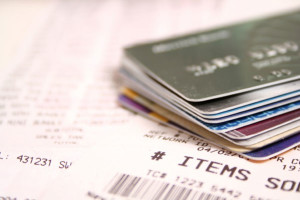 Today’s top story: How to file for Coronavirus unemployment if you’re self-employed. Also in the news: Should you save your miles and points or spend them, 8 ways to switch up the new at-home normal, and a new episode of the SmartMoney podcast on what to do when you owe the IRS.
Today’s top story: How to file for Coronavirus unemployment if you’re self-employed. Also in the news: Should you save your miles and points or spend them, 8 ways to switch up the new at-home normal, and a new episode of the SmartMoney podcast on what to do when you owe the IRS.
How to File for Coronavirus Unemployment if You’re Self-Employed
Double Take: Should You Save Your Miles and Points or Spend Them?
8 Ways to Switch Up the New At-Home Normal
SmartMoney Podcast: “Help! I Owe the IRS!”
 Today’s top story: How COVID-19 payment accommodations may affect your credit. Also in the news: Mortgage “relief” and “refinance” searches spike during outbreak, why retailers host sales during the outbreak, and how to get Coronavirus relief payments for kids if you don’t files taxes.
Today’s top story: How COVID-19 payment accommodations may affect your credit. Also in the news: Mortgage “relief” and “refinance” searches spike during outbreak, why retailers host sales during the outbreak, and how to get Coronavirus relief payments for kids if you don’t files taxes. Today’s top story: What to do when your Coronavirus stockpile runs low. Also in the news: How expanded Coronavirus unemployment benefits work, buy a car at a safe distance with a No-Touch deal, and how to lift or cancel a credit freeze.
Today’s top story: What to do when your Coronavirus stockpile runs low. Also in the news: How expanded Coronavirus unemployment benefits work, buy a car at a safe distance with a No-Touch deal, and how to lift or cancel a credit freeze.